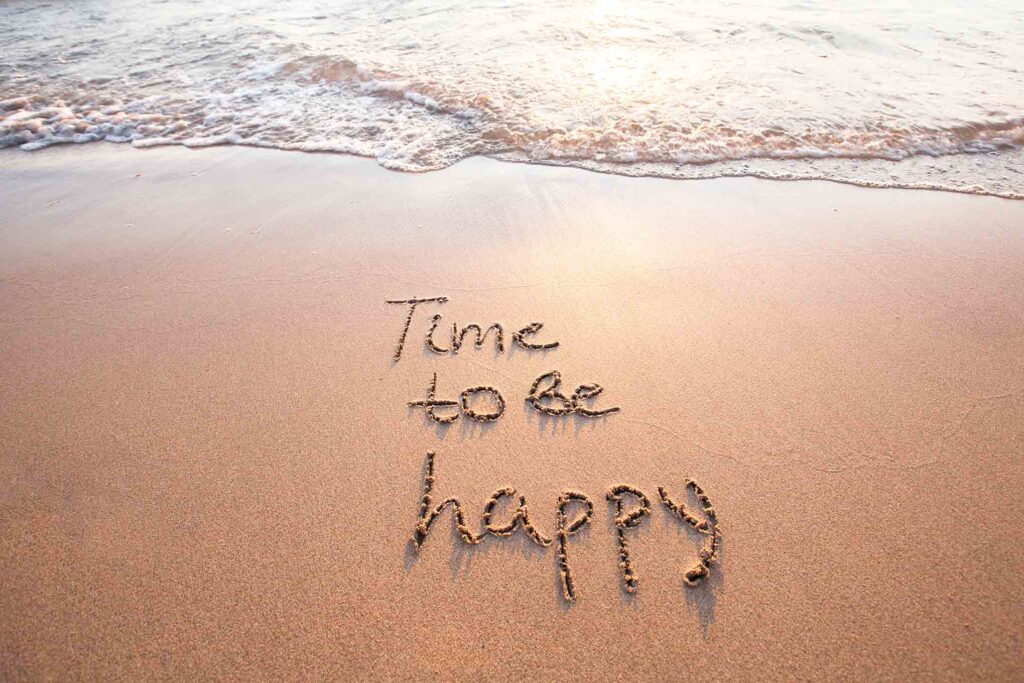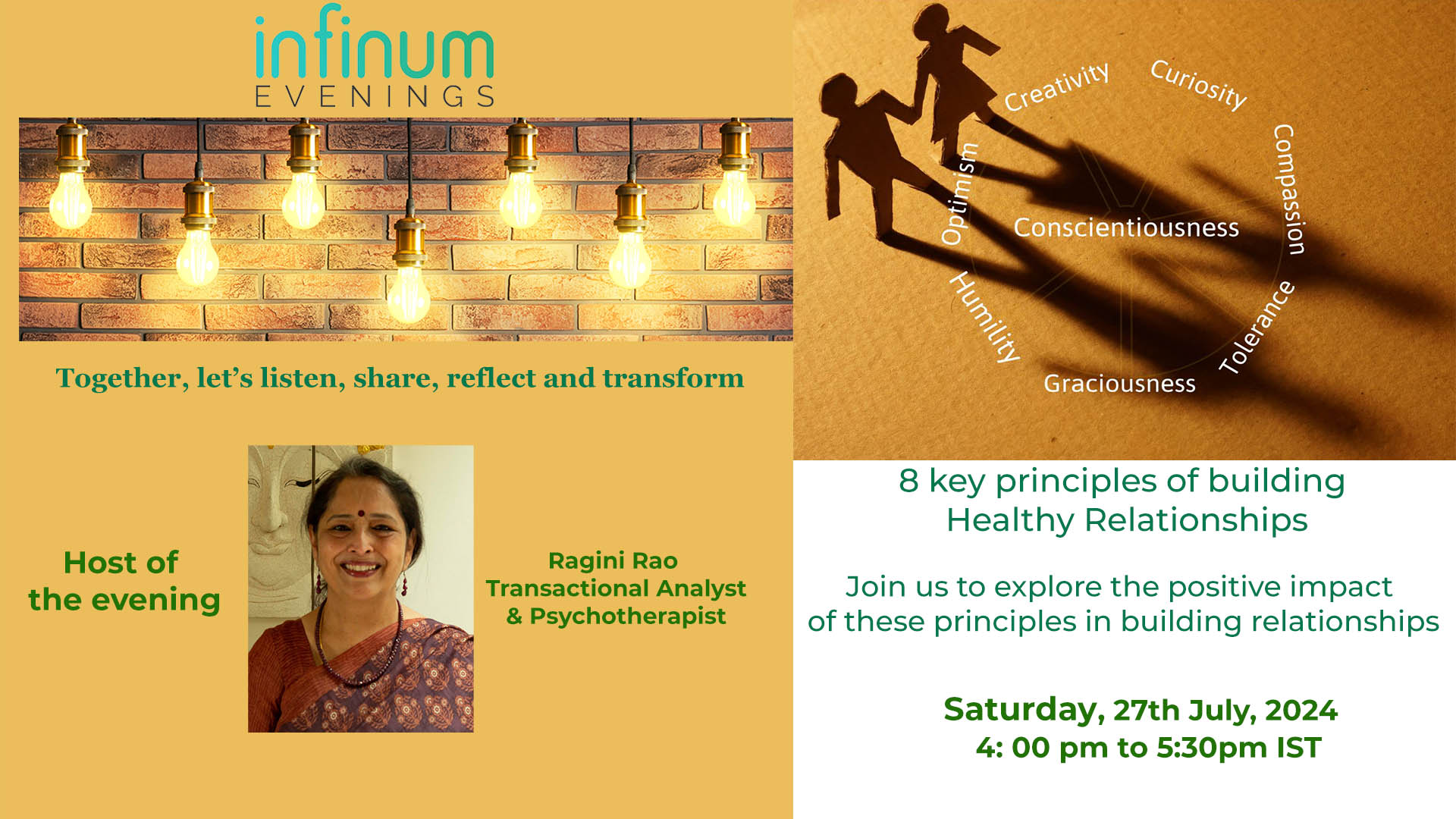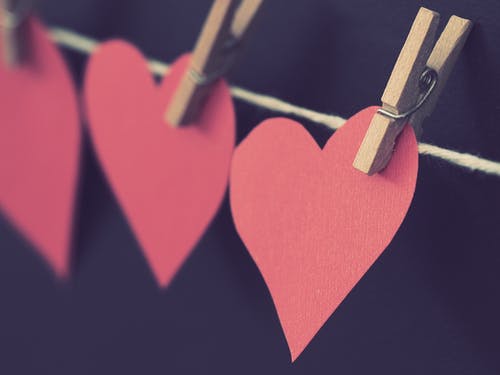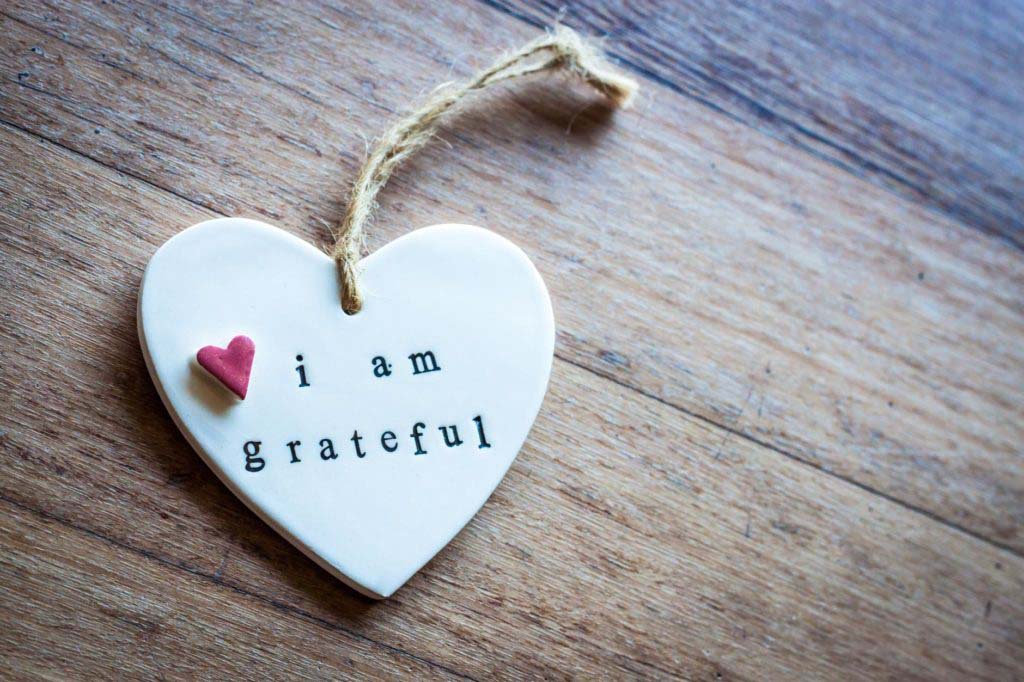An interesting quote, attributed to more than one source, reads : “It’s not the load that breaks you down; It’s the way you carry it”
Most of us carry some baggage in life. But, for some, the baggage is heavier, depending on the particular life experience. Amongst those who carry the heavy load, some will neither crumble nor give up. Instead they re-adjust it, such that they can keep moving forward with a certain amount of ease. It is a choice they make.
This, in other words, is the ability to find closure to issues that keep bothering the mind, so that one can move on.
What does closure mean?
“I desperately need closure” is a sentence I often hear. It is like closing the door to a past unpleasant experience; or, to something that – or someone who – was important and significant at one point in our journey ; and stopping the memory from interfering with our present.
What do we usually need closure from?
It could be a memory or memories that evoke pain, fear, regret, anger and the like. The issues could range from –
- being betrayed by a partner or a trusted friend;
- physical or mental abuse;
- loss of a loved one, memory of a traumatic accident, loss of a job or something one associates one’s identity with;
- failing to achieve a desired goal;
- or, intense regret at having either done something one should not have or not having done something one should have.
The feeling is on a replay mode, creeping up and consuming the present. It hijacks peace of mind, productivity and freedom to simply be.
So can we hope to get complete closure?
However tempted I might be to say ‘yes’, I feel that often, a stubborn stain remains, even if very slight.
There may be moments when the mention or memory of it, causes a flashback. But if we have processed it effectively, we will not allow it to become a roadblock in our path forward.
Instead, we may even learn to take a philosophical view on the episode and gain in wisdom.
Why do we need closure?
- It could simply be treated as a negative thought, that will eventually fade away. But, the problem arises when it does not; and, keeps making its inroads into our current life.
- Perhaps the most important reason to get closure, is to get relief and release from an unseen, physically ungraspable encroacher.
- The freedom to have our thoughts and feelings in our controllable domain gives us stability. It also frees us from continuous tension, pressure and discomfort.
- By regaining some degree of peace and equanimity, we also reclaim our bandwidth to be functional and productive in the present; and, not be stuck in the past.
- And alongside, later, we do not regret losing our current invaluable time.
Closure gives us a sense of empowerment
If the trouble causing thought, is caused by our reaction to a person, deliverance from it gives us a sense of empowerment. We cease being slaves to a remote control object; and, independently make choices that help us feel good about ourselves and about the future.
As we heal, we grow as a person; gaining maturity, attaining new insights into ourselves, in relationships, learning from our past mistakes and acquiring a wider perspective on life in general.
Suvarna had been, in her words, ‘dumped’ by her long term partner of nearly eight years. She was devastated and plagued by self defeating thoughts of not being good enough, of not finding any meaning in her life, having dreamed of her future with him.
She would obsessively look up his profile on social media and weep over his pictures looking radiant with his new found love while she just withered away.
Despite being absent in her present life, he was controlling her breath, her tears, her very being.
Or, put another way, she was allowing him or rather his memories, to do just that.She had relinquished all hold over herself and had morphed into being the proverbial lamb to the slaughter by self created images and doubts.
“If I had lost him to an accident I could console myself that it is an act of destiny. But this is unbearable. I feel cheated and keep asking myself where I went wrong. How could he even do this? If only we had a second chance!
Now, I feel I can’t trust anyone.”
As humans we experience emotions of loss, anger, grief, self doubt etc. When dealing with difficult issues, we will go through phases of emotional turbulence where we question what has happened; perhaps even go through periods of denial; get angry and eventually accept the reality.
This need not be a linear progression. Emotions go back and forth. Relationships are complicated, multilayered and not binary. And eventually some form of closure is reached with the person acknowledging, accepting and finally addressing the issue.
It becomes a matter of concern when this process becomes very prolonged, with the person logging out of his or her ‘normal’ life and sinking into a form of ‘victim mode’, where he or she feels helpless to do anything.
So how did Suvarna eventually help herself?
- She spoke to others who had gone through similar experiences and found solace and methods of coping;
- Focused on her work and took courses in improving her skills;
- Deleted her partner’s number from her phone; and each time she felt tempted to check his status on social media, consciously did something else to distract herself.
- She spent time on grooming herself to look and feel better; kept a pet and they gave each other company
- Finally, she changed her internal dialogue from saying that she was not good enough to saying that the loss was her partner’s and not her’s.
Once she felt stronger and got a grasp over her life, she could look back and see where she could have behaved differently in the partnership. This helped her in her future relationship.
How do we get closure?
No one answer applies to all. We need to find what works best for us and suits our comfort. We also need to remember to be compassionate with ourselves.
As with many other emotions in our life, with closure too, we often look outside of ourselves to obtain it. The underlying belief is that the other person or a change in the circumstances will get us what we are searching for. This may never happen.
So do we continue to suffer? That choice is of course ours but depending on what we want closure from, the steps we take will differ.
Here are a few suggestions to deal with the break-up of a relationship.
- Do not get obsessed with finding closure. It will be like replacing the obsession of the negative thought loop with another pressure. It will take time, but we can help nature by taking constructive steps in dealing with it.
- With time, fresh memories are created and these gradually take precedence, allowing us to recover and heal. We try not to forcibly shut the door and instead patiently work on ourselves internally as much as possible.
- Stop seeking closure from someone else or from circumstances which may not change or give us what we are looking for. Sometimes in desperation we almost seek alms from the other person involved, searching for answers, explanations or an apology. Some of us don’t know how to apologize and everything in life cannot be explained.
- If the other person wants to engage in a conversation it is better if the dialogue happens after some time has passed from the breakup. But if the other person is unwilling we cannot stay stuck; choked with anger, hurt, resentment and bitterness.
- An old remedy is to write a ‘bye bye’ letter, releasing all the feelings and wishing the person well in his or her future life and thanking the person for the happy times that may have been. It may never reach the other person but is a balm for the writer, giving a feeling of lightness and the bitterness is taken care of.
- Stop the “What if” question that makes us float around in an illusionary fantasy world. Time cannot be rewound and neither can history be rewritten. The faster we accept reality the quicker we can work on it for our own good. We are able to find our strength and resources to move on and see positive outcomes of the experience.
- We need to reset our routine, take responsibility for ourselves, believe that we deserve a good life, spend time with loved ones, set healthy boundaries for ourselves and respect those set by the other person.
- If the negative feelings still continue to overwhelm, seek help from a counsellor.
There comes a day, when you realize, turning the page is the best feeling in the world; because, you realize, there’s so much more to the book, than the page you were stuck on... Zayn Malik
Please do leave your comments at the bottom and do share with others if you like this article.

















Very detailed analysis answering questions that naturally crop regarding closure. What I liked best was the idea of being compassionate with ourselves. I guess this is the key to overcoming or moving on. As mentioned “emotions go back and forth”, so its important that we are kind to ourselves while trying to take baby steps to move forward.
Some cans of worms need to be opened for “closure”!